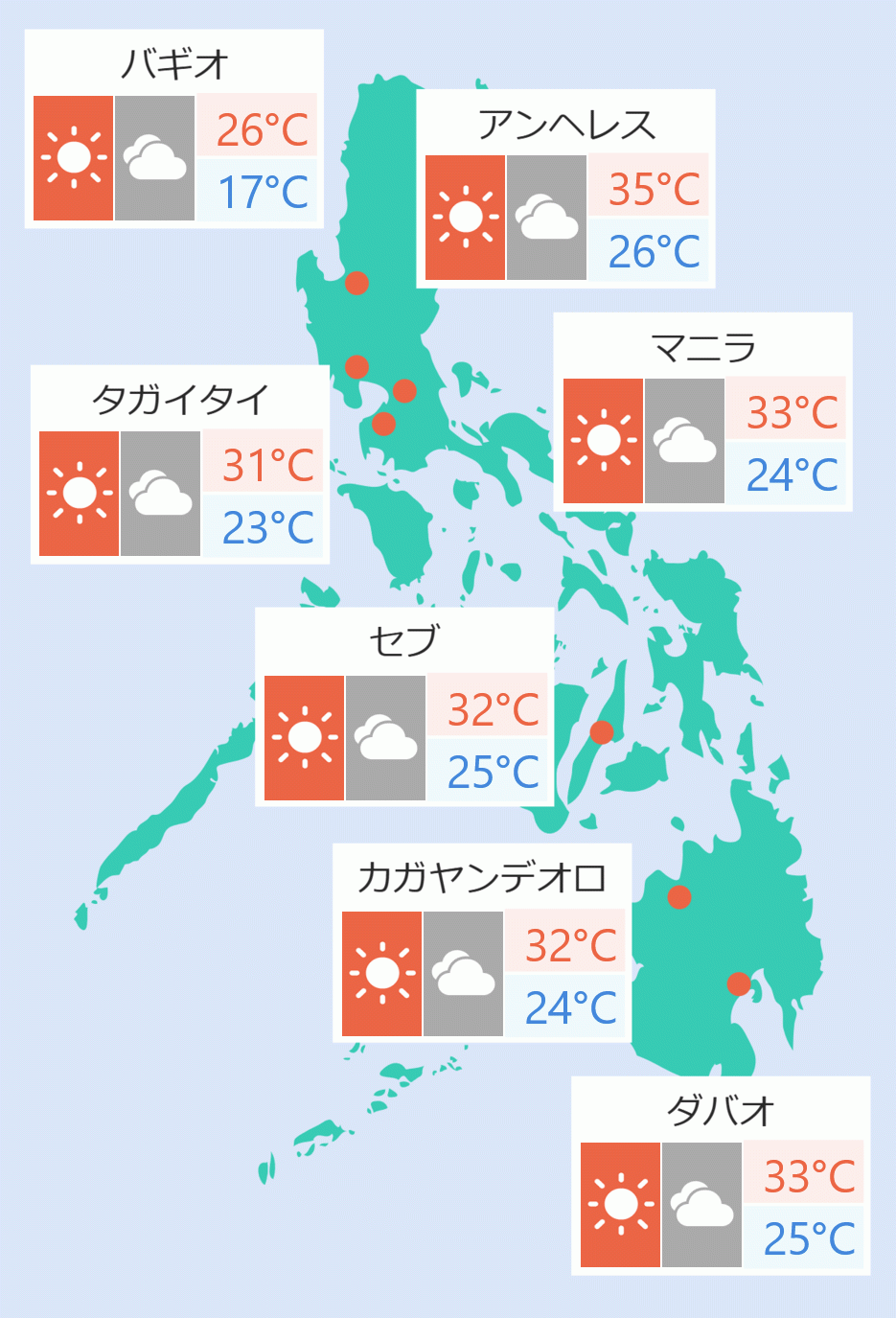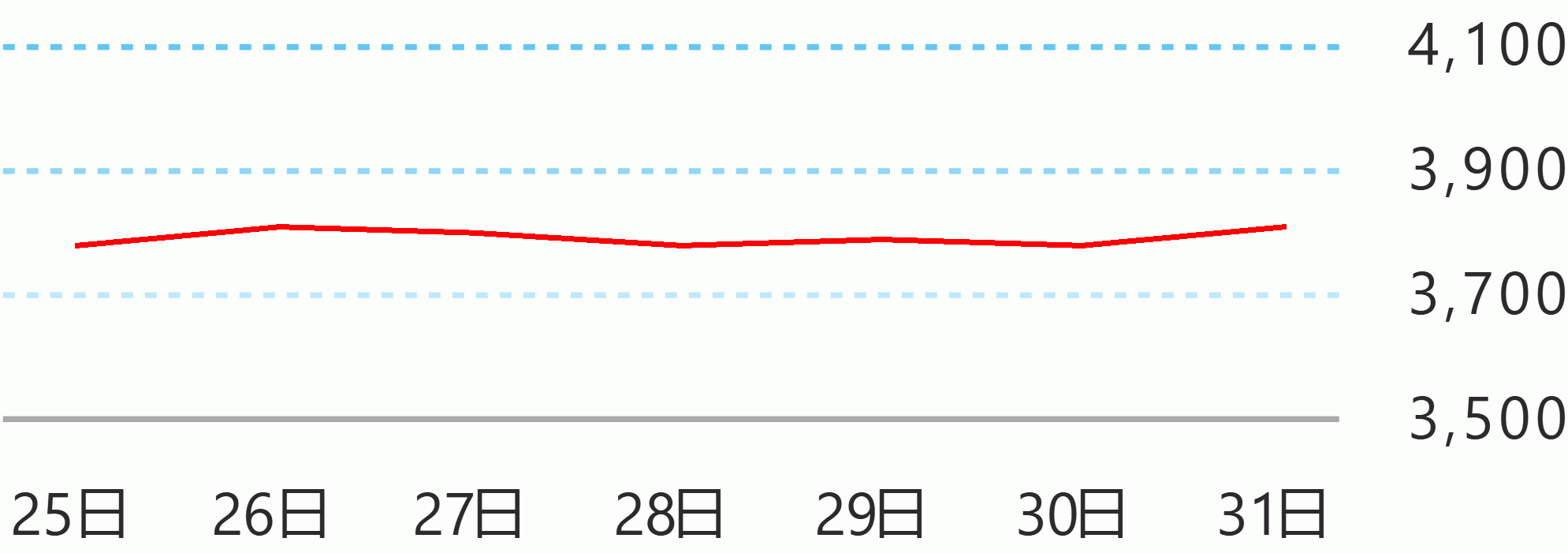President Ferdinand Marcos Jr. has directed the Department of Agriculture (DA) to study the feasibility of the proposal to set up silos to ensure a 30-day buffer stock of rice and corn in the country.
During a meeting with the Private Sector Advisory Council (PSAC) on agriculture in Malacanan Palace on Thursday, the President ordered DA Undersecretary Drusila Bayate and National Food Authority (NFA) Administrator Roderico Bioco to look into the feasibility and efficiency of building rice and corn stations modules using a mother-daughter or Hub and Spoke system.
“We should really look into it because it’s a successful program,” the chief executive said, noting that such rice stations and modules have been a preferred solution in other countries to ensure an adequate buffer stock of rice and other produce.
Aileen Christel Ongkauko of La Filipina Uy Gongco Corp., who heads the PSAC Agriculture group, said the system has been used by other countries like China, the United States, and India.
The PSAC recommended that building nationwide mother-daughter stations for rice and corn storage will complement the Marcos administration’s Food Security Infrastructure Modernization Plan of the Department of Agriculture to ensure sufficient stock and stable prices of rice and corn.
Under the proposal, 30 mother stations will be built all over the country. Each mother station will have 10 daughter station modules, which would be built in a 30-kilometer radius away from the main station. The stations will serve as a storage for rice and corn for buffer stocking for 30 days at any given time.
Ongkauko said the project may be subject of a Public-Private Partnership scheme as each mother station may cost P5.7 billion each or P170 billion for the entire project.
Bioco, meanwhile, noted the NFA will transition to providing physical rice stock from granting cash assistance to poor households under the government’s welfare program as part of the agency’s new rice stocking scheme.
“There has been an endeavor before to make this physical but NFA has not been able to transition to that physical stock and this is where we’re going to change as part of our transformation from that, when we buffer, we actually buffer for the poor,” Bioco told the President on the NFA’s buffer stocking plan during the PSAC meeting.
Bioco said the government has more than P35 billion budget for rice procurement. The target is to supply poor households with physical rice so that they do not have to go to the market to buy rice, which, in the end, will put less pressure on rice prices.
“If we switch to that also Mr. President, hat we hope to achieve is that quantitative easing in prices of rice… supply the bottom 18 percent of our society, take that away from the market then we can put lesser pressure on prices, especially during the lean season,” he said.
“So, that’s why traditionally, NFA is supposed to have a 30-day buffer stock before the lean season. It was easier because you just import but now we have to procure palay nine months earlier,” he added.
A similar scheme is being implemented in Indonesia, with its government producing more than 200,000 metric tons of rice a month, the NFA official said. Bioco, however, noted the present difficulty being encountered by Asian nations in securing food stock to temper the rise in prices during the lean season.
The NFA is mandated to procure palay locally and maintain the optimal level of buffer stock at all times strategically located across the country.
Marcos was glad about the reforms and transformation of the NFA despite the challenges.
“I’m happy to see that NFA is returning to its original function in trying to even out the price of rice, making it stable all throughout harvest and then the planting cycle,” he said.
Other recommendations forwarded by the PSAC Agriculture group were the giving of long-term permit of 25 years for the Fishpond Lease Agreements (FLAs); development of a national policy that will guide and encourage local government units to provide long-term permits on exclusive areas for aquaculture operators for at least 10 years for new developments and 5 to 7 years for existing farming areas; and, the issuance of clear policy as regards delineation areas for commercial fishing.
Among those who attended the PSAC meeting were DENR Secretary Ma. Antonia Yulo-Loyzaga, Special Assistant to the President Antonio Lagdameo Jr., DILG Secretary Benhur Abalos, Presidential Adviser on Investment and Economic Affairs Frederick Go, PSAC Convenor Sabin Aboitiz, industry leaders Chris Po of the Century Group, Francisco Tiu Laurel, Jr. of Frabelle, Irwin Lee of Universal Robina, Ramon T. Lim of RNCL Prime Holdings Corporation, Anna Margarita Hontiveros-Malvar, PSAC Communications Lead, and David Jude Sta. Ana, PSAC Assistant Secretariat Lead. Presidential News Desk





 English
English










